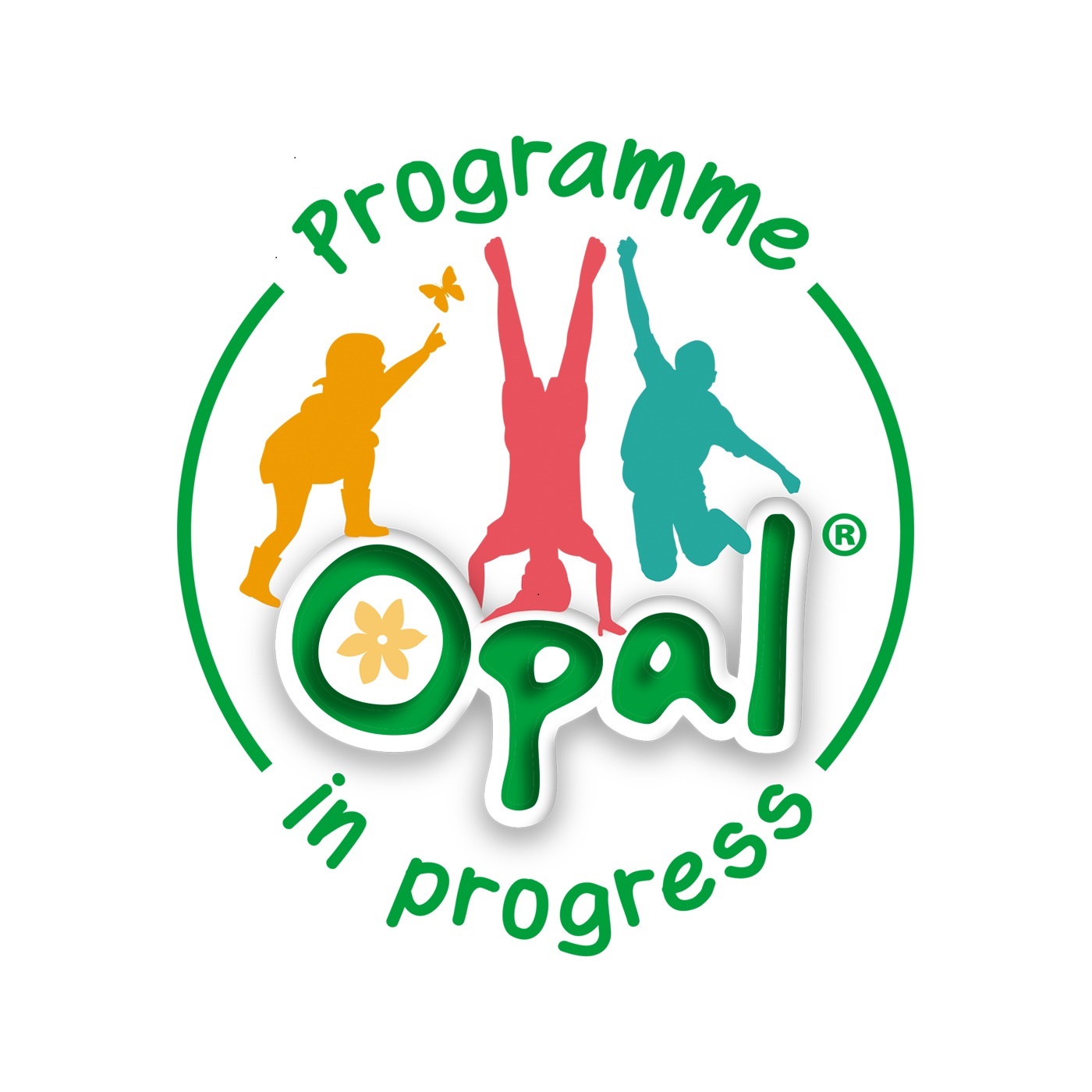OPAL (Outdoor Play & Learning)

Did you ever wonder what's at the heart of a child's development?
OPAL helps schools become places where an amazing childhood happens!
We recognise that play is an essential part of a happy and healthy childhood. As a school, we endeavour to provide consistently high quality, sustainable play opportunities for all children. These inclusive opportunities in play are achieved by offering carefully considered outdoor spaces, equipment and toys that offer a rich choice of accessible play experiences for every child. At Perton First School we are committed to using our school vision and this play policy to guide our planning and actions in providing play opportunities for children. We believe play has a vital role in children’s health, happiness and wellbeing. It creates children who are independent, confident, imaginative, adaptable, social and able to assess risks.
Definition and Value of Play
Play is defined as any freely chosen activity which a child finds satisfying and creative. It may or may not involve equipment or other people. We believe play has many benefits, including:
- Play is critical to children’s health and wellbeing, and essential for their physical, emotional, social, spiritual and intellectual development.
- Play enables children to explore the physical and social environment, different concepts and different ideas.
- Play enhances children’s self-esteem and their understanding of others through freely chosen social interactions, within peer groups, with individuals, and within groups of different ages, abilities, interests, genders, ethnicities and cultures.
- Play requires ongoing communication and negotiation skills, enabling children to develop a balance between their right to act freely and their responsibilities to others.
- Play enables children to experience a wide range of emotions and develop their ability to cope with these, including sadness and happiness, rejection and acceptance, frustration and achievement, boredom and fascination, fear and confidence.
- Play encourages self-confidence and the ability to make choices, problem solve and to be creative.
- Play maintains children’s openness to learning, develops their capabilities and allows them to push the boundaries of what they can achieve.
